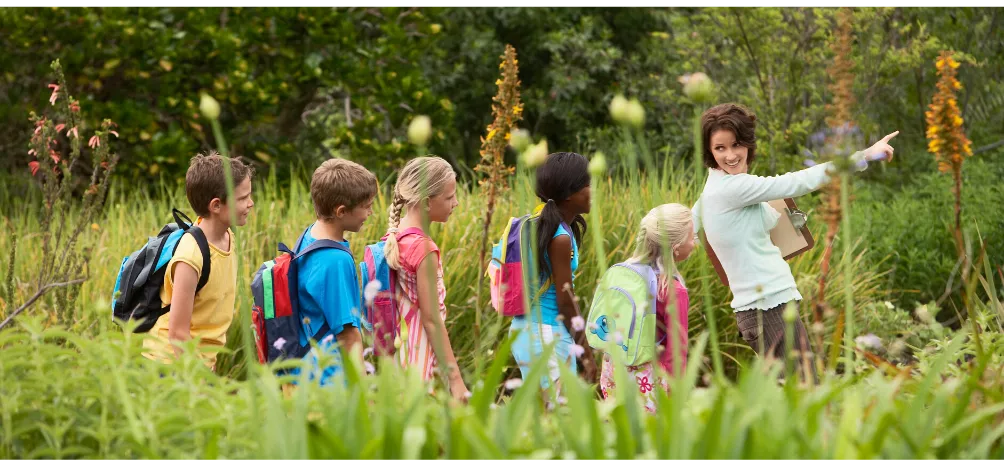Five Things Your Students Learn from Field Trips
By Huntington Learning Center
If you’re all about allowing your students to learn by doing, keep in mind how beneficial field trips can be for them. Designed well, these outside-the-classroom experiences get students engaged and excited – and not just to get out of the classroom. Here are five things your students will learn from field trips:
- How class teachings translate to everyday life: The topics your students read about in textbooks are brought to life when they have the opportunity to see those concepts in action, as they will on certain types of field trips.
- What kinds of jobs exist: There’s nothing quite like taking students on a field trip to expose them to the many types of careers out there and fields that they could work in one day. Before any field trip, you should take the time to share more about the people who work in those areas and why their jobs are important.
- How things really work in the real world: It can be hard for some students to fully grasp ideas just by hearing you discuss them. Reading about the railroad is interesting, but going to a museum to see how locomotives work and the behind-the-scenes details of the construction of railway systems puts it all into perspective.
- The importance of different cultural institutions: Whether you take your students to a historic place or a nature and science museum, this type of exposure to objects, artifacts, history, and other learning opportunities can have a major impact on your students.
- How they learn best: By their very nature, field trips are different from standard school days. Students get a lot of hands-on learning and absorb information visually, aurally, and kinesthetically. The trips might open students’ eyes to the learning styles that suit them well.
Field trips immerse students in new settings, which can be a lot of fun. Most importantly, they boost students’ critical thinking skills, stimulate their learning, and help them retain knowledge.


